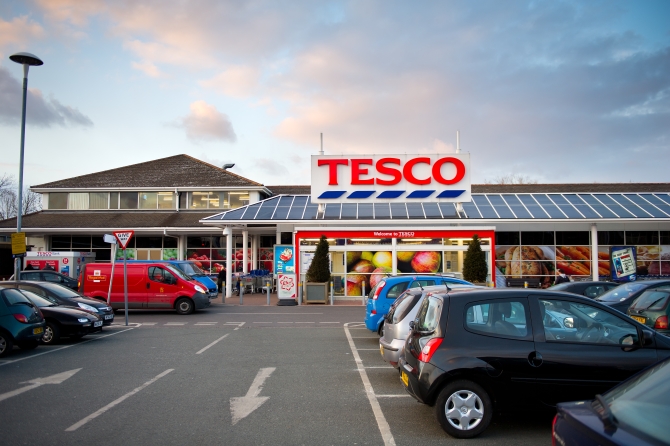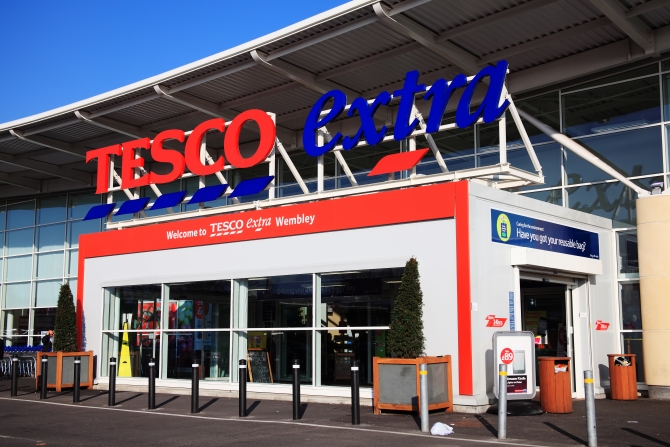Although analysts have recently forecast an upturn in Tesco’s fortunes, the group’s annual trading results released today reveal that the supermarket giant suffered the worst year in its history, having posted a mammoth pre-tax loss which necessitated a write down of its property values and the halting of any store expansion plans in the UK.

In the year to the end of February 2015, Tesco recorded a statutory pre-tax loss of £6.4 billion, comparing extremely poorly to the £2.26 billion pre-tax profit accrued in the previous financial year. Worryingly, this is not only the poorest result in the company’s history but also the biggest ever loss suffered by a UK retailer, sparking fears for the brand’s future amongst industry experts.
Senior trader at Accendo Markets, Marc Kimsey, says; “This set of results disappoints on every level – the pre-tax loss exceeds the City’s already dire expectations and the trading profit has fallen by almost 60% in just a year.
“Traders are now discounting positive management rhetoric regarding a ‘turnaround plan’. Only the numbers will do now and sadly, they are not only disastrous, but deteriorating.”
Retail Remedy consultant Paul Thomas agreed with this assessment, calling the results “a black hole that risks consuming a once all-powerful brand.”

Much of the loss related to the retailer’s property portfolio, as Tesco was forced to post a £4.7 billion write down in property values.
During the period in question, Tesco opened 1.6 million sq ft of gross new space, but this was largely offset by 1.1 million sq ft of closures as the group desperately tried to adapt to changing consumer trends. Since the end of FebruaryTesco has closed 43 stores following an announcement of this intention in January, representing the loss of a further 0.6 million sq ft of retail space.
At the end of the year, analysts estimated that Tesco’s fully-owned property portfolio market value amounted to £22.9 billion, representing a year on year reduction of £7.6 billion.
While this also implicates the effects of weaker overseas property values, the bulk of the issue lies in the write down of UK property values and therefore poses a significant problem for Tesco should it wish to recoup the losses through its portfolio.
Chief executive Dave Lewis refused to be cowed by the results, pointing out that the group trading profit of £1.4 billion was largely in line with expectations.
He said; “The results we have published today reflect a deterioration in the market and, more significantly, an erosion of our competitiveness over recent years.
“We have faced into this reality, sought to draw a line under the past and begun to rebuild, and already we are beginning to see early encouraging signs from what we’ve done so far.”
Previous Post
Roomzzz Aparthotel a “Perfect Fit” for Corn Exchange